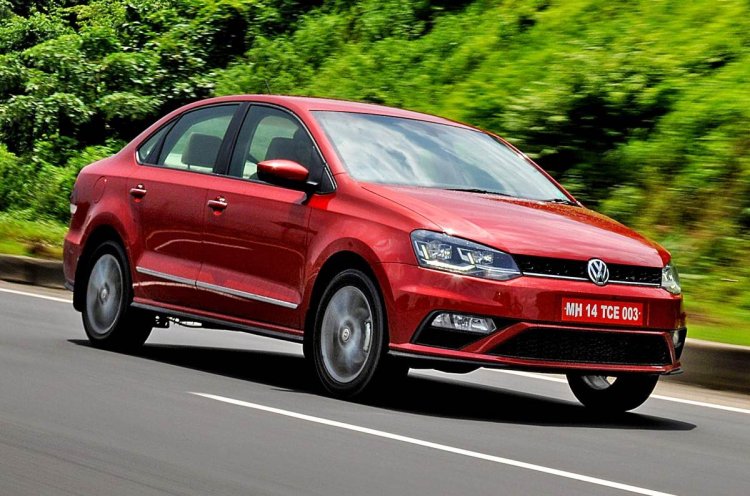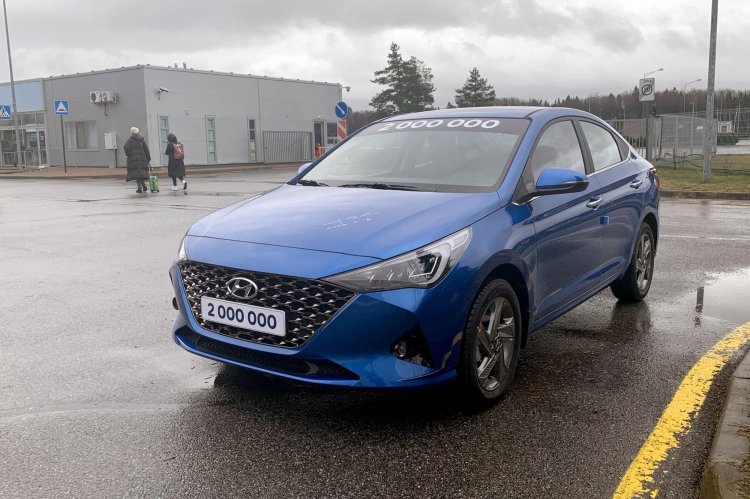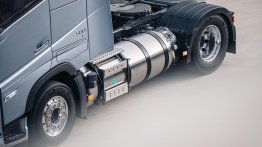While 2020 may have been a year for the SUVs in India, the mid-size sedan segment did make sort of a comeback with a couple of very important new launches and updates to the existing ones. We saw updates in the form of facelifts or new engine options being thrown at several mid-size sedans like the Volkswagen Vento, the Skoda Rapid and the Hyundai Verna. Meanwhile, Honda debuted an all-new generation of the City sedan.
The Hyundai Verna was given a comprehensive facelift earlier this year with tons of cosmetic upgrades inside and out, along with a new turbo-petrol engine. Meanwhile, Volkswagen too updated the Vento with a new smaller 1.0L TSI engine which has now become the new benchmark among turbo-petrol engines with respect to performance. This however is not a battle of turbo-petrol sedans. Here are are comparing the acceleration of Hyundai Verna vs Volkswagen Vento, but with a twist. We have the naturally aspirated 1.5L petrol Verna with a CVT gearbox alongside the Vento with the 1.0L TSI engine with a manual gearbox. Let's see who's faster.

Also Read : Honda City vs Volkswagen Vento - Petrol-Manual Acceleration Comparison
Hyundai Verna vs Volkswagen Vento - Specifications
| Hyundai Verna |
Volkswagen Vento
|
|
| Engine | 1.5L 4-cyl NA engine |
1.0L 3-cyl turbo-petrol engine
|
| Power | 115hp | 110hp |
| Torque | 142Nm | 175Nm |
| Transmission | 6-speed CVT (iVT) |
6-speed manual
|
Both the sedans have a completely different powertrain here. While Volkswagen takes the modern, downsized turbo-petrol approach with a 1.0L 3-cylinder engine, the Hyundai Verna adopts a good old 1.5L, naturally aspirated, 4-cylinder engine. The Hyundai is actually more powerful than the Volkswagen but the latter has more torque and by quite a margin. There's another major point of difference. The Vento here comes with a 6-speed manual gearbox while the Verna gets a 6-speed CVT transmission.
Hyundai Verna vs Volkswagen Vento - Acceleration Test
| Hyundai Verna |
Volkswagen Vento
|
|
| 0-100kmph (First Attempt) | 13.80 seconds | 9.46 seconds |
| 0-100kmph (Second Attempt) | 13.59 seconds | 9.52 seconds |
| 0-100kmph (Third Attempt) | 13.12 seconds | 9.39 seconds |
Seems like a modern turbo-petrol engine clearly outshines a good old naturally aspirated engine here. The VW Vento managed a sub-10 second time in each of the three sprints with a best of 9.39 seconds. The Hyundai Verna on the other hand managed a best time of 13.12 seconds. That's a gap of 3.73 seconds between the best run of both the cars. The Vento is the clear winner here and that's solely because of the TSI engine which revs way more freely than the one on the Verna. The manual gearbox also had its part to play as a CVT gearbox is not the best when it comes to outright acceleration.

The Vento is also the better handler of the two, with a fine balance of ride and handling and good steering precision. Meanwhile, the Hyundai Verna makes for a very good family car with a very comfortable ride quality, lots of interior space, tons of features, and arguably the better looking of the two. Both the cars have quite a different character and it really depends on what you are looking for. If you want a fast, fun-to-drive car, the VW Vento is an easy choice. On the other hand, if you want a all-rounder family sedan, the Hyundai Verna makes for a compelling buy.
Stay tuned to IndianAutosBlog.com for more Hyundai and Volkswagen updates and other four-wheeler news.
























